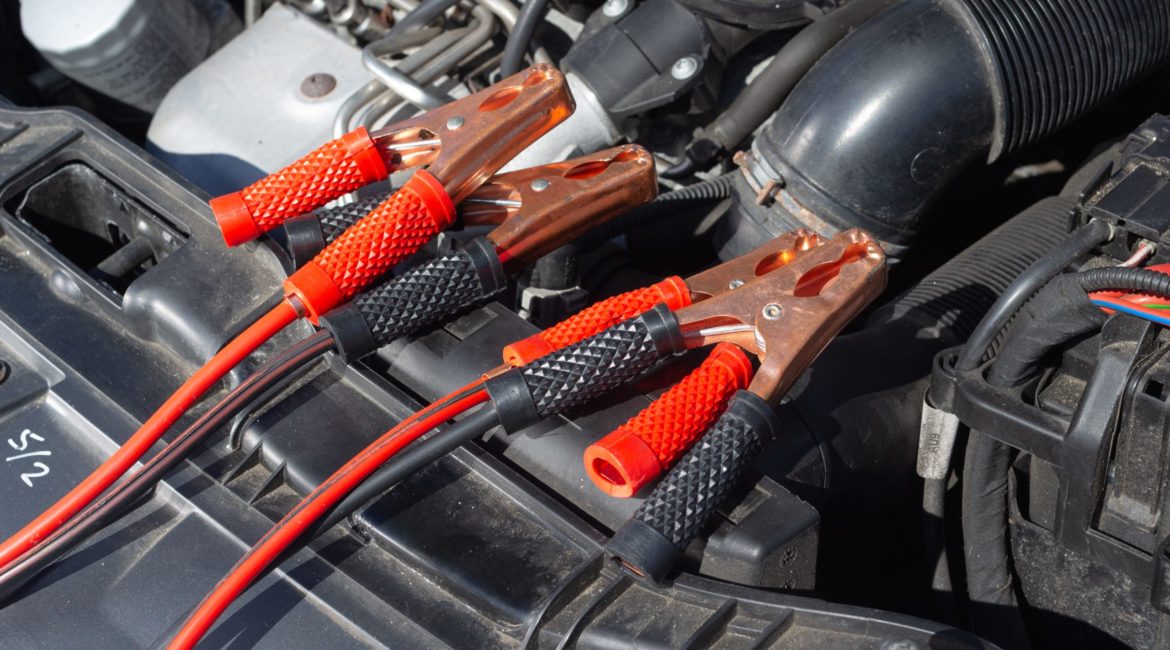Why You Should Always Insist for OE Collision Replacement Parts
Some carmakers suggest it while others insist on it, but in almost every case, vehicle manufacturers want OEM collision repair parts in each repair. The OEM Collision Repair Roundtable is a collision repair industry association composed of representatives from Original Equipment Manufacturer (OEM) vehicle manufacturers. It asks that you carefully consider the use of Original Equipment (OE) collision replacement parts for collision repair.
The Advantages for Choosing OE Collision Replacement Parts
Whatever type of car you drive, you want the best parts you can find and there is no doubt that OE parts fit that description. In many cases, the car owner may have to insist on using them while insurance companies suggest the use of aftermarket/recycled parts. But for safety, quality, and durability, no one will argue that OE is always better for a wide range of reasons. The following information was gleaned by a report written by OEM Collision Repair Roundtable.
Fit: Before assembly, it can be hard to tell the difference between OE and non-OE collision parts. However, upon installation there may be a noticeable difference in the way they fit. Non-OE collision parts may leave unsightly gaps between body panels, a sure sign of a collision repair that may detract from your car’s value.
Conversely, a gap that is too small may allow body panels to rub together under certain conditions, possibly compromising paint adhesion and promoting unsightly and damaging rust spots. OE collision parts from your vehicle’s manufacturer are designed to fit properly, providing consistent and uniform space between body panels.
Finish: In general, “finish” refers to what the paint job looks like. OE collision replacement parts are treated with a special primer process, which helps resist corrosion and promote paint adhesion.
Design: OE collision parts, both those that came on the car originally, and replacement parts, are designed with safety in mind. Many parts, including hoods and fenders, are designed with crush zones, allowing the part to bend and crumple like an accordion, thereby absorbing the energy of an impact, rather than transmitting it to the cabin—and the occupants.
Quality: The same quality that went into building your car goes into OE collision replacement parts, from the way the part was designed to the material used to make it.
Safety: Nobody wants to think about being in one accident—let alone two. OE collision parts—in accordance with vehicle manufacturer repair processes—are the only parts proven during vehicle development to deliver the intended level of protection as a whole system.
Structural Integrity: All body components contribute to the structural integrity of the vehicle. Even items like windshields, side glass and doors can help a vehicle to maintain its structural integrity in a collision or roll-over situation. Original Equipment collision replacement parts are proven during the vehicle development process to deliver the intended level of protection as a whole system.
One way to know for sure you are getting this level of protection is to use OE collision replacement parts that are installed following the manufacturer’s recommended procedures. Using them also ensures your new-vehicle warranty remains intact, in the event of damage caused by a part failure.
Resale Value: Use of OE collision replacement parts will help keep your car looking new while you own it and help maintain its value at time of trade-in or re-sale. Parts that fit well, sell well.
One Valuable Takeaway
Take an active role in the repair of your vehicle. Insist on Original Equipment collision replacement parts for safety, durability, appearance and performance.





